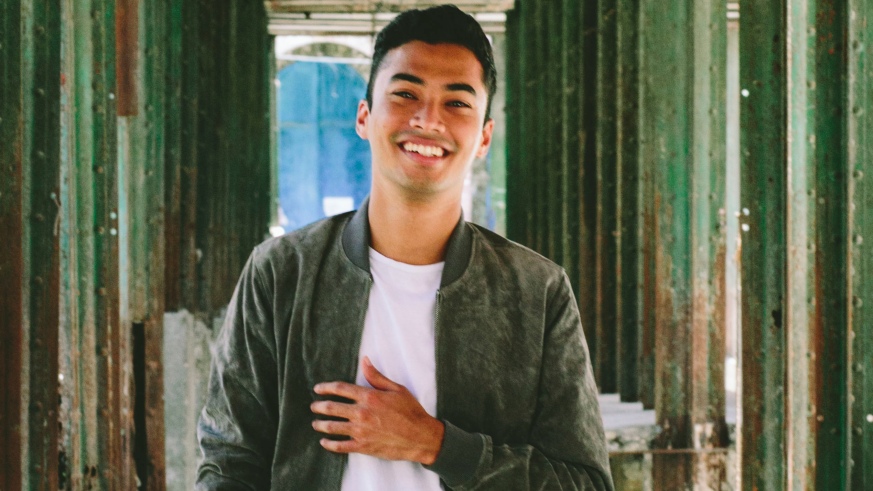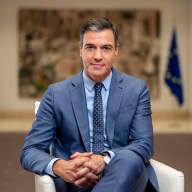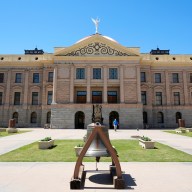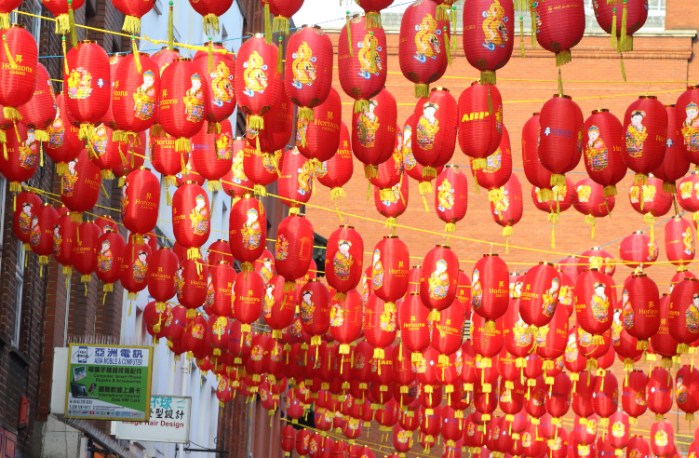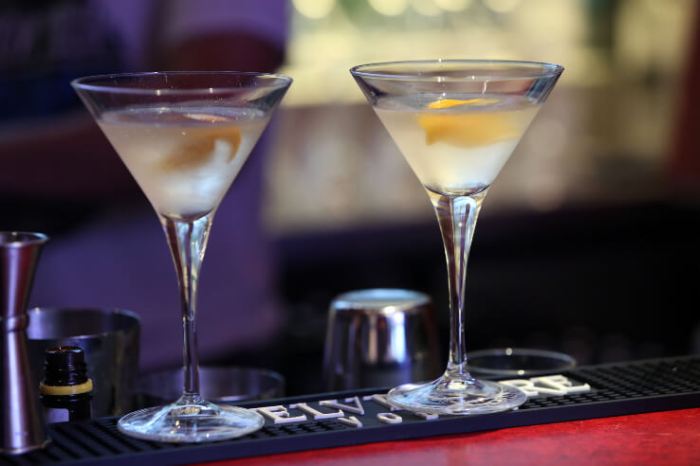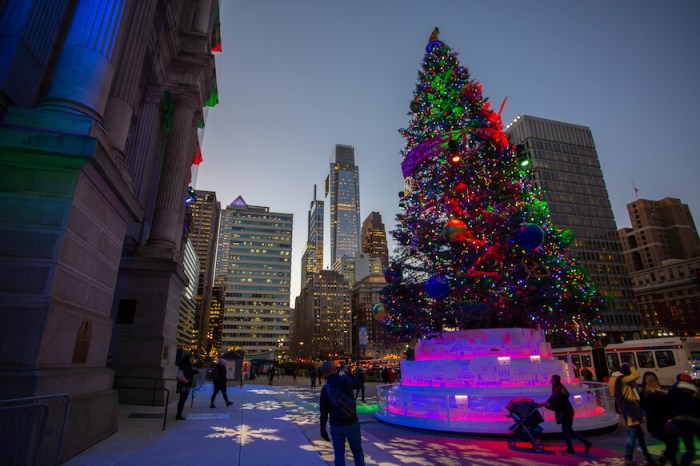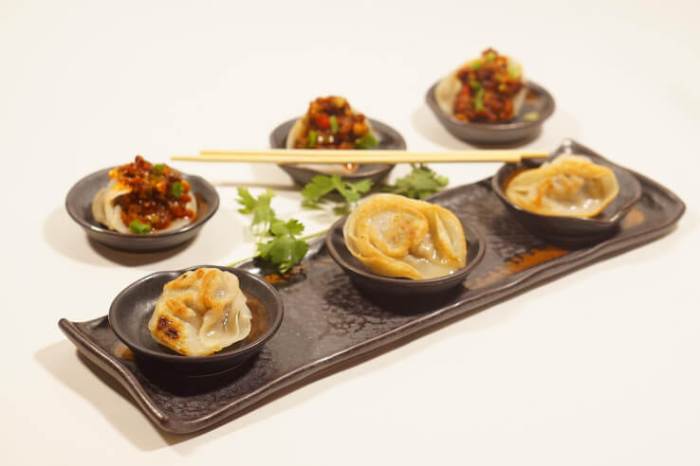If you’ve tuned into Telemundo to watch the World Cup, chances are you’ve heard the music of Michael Brun at some point during the broadcast.
The network is using “Positivo,” the hit track by Brun and Colombian reggaeton singer J Balvin, as its musical anthem for this year’s matches. Local fans will get to hear the tune live, however, when the popular DJ performs at the Middle East in Cambridge this weekend.
While Brun hails from Haiti and now calls Brooklyn home, he has a lot of love for the Boston area, as he once studied at Boston University for a summer course and also has family that lives in the area. “I have a special place in my heart for Boston,” Brun tells Metro. “I really can’t wait to be there.”
Ahead, we chat with Brun about his World Cup predictions, his memories of the late Avicii and what makes Haitian music so unique.
How excited are you about Telemundo using ‘Positivo’ for its World Cup theme song?
Seeing it being used for the World Cup is so incredible to me. That’s the dream that I have that I never actually thought could happen. It’s something that was always a far-off idea, but it came so naturally. I got to work with J Balvin. I first got in touch with him about a year ago while I was making the song “Bayo,” which is the Creole version of “Positivo.” While I was working on that, we got connected, I sent him the beat that I was making and he loved it. A week after we were put in touch, he sent me back “Positivo,” he sent me back the vocals and it was so amazing, I couldn’t believe it. At that point, I didn’t know it was going to be for the World Cup. It wasn’t until a few months ago, he gave me a call and asked me, just like out of the blue, “Hey, the label contacted me. There’s a chance that this could potentially be used for the World Cup, is it cool with you?” And I told him, like, “Why are you even asking me, man? This is such a crazy opportunity.”
Who do you think will win this year’s World Cup?
It’s interesting. I mean, a lot of Haitians are big Brazil supporters, so I’m going to be looking out for Brazil, looking out for Germany as well, a really incredible team. I’m going to be watching every game that I possibly can and just seeing the performances because it’s such a great sport.
What makes the sounds of Haiti so unique?
I think a big part of it is that Haitian music, the traditional Haitian music, so like Rara music and African music, that’s very tribal, sounds that were passed down generations and generations through families with drums and horns. That sound is culturally linked to the story of the country, to the development of Haiti as what it is today from the slave trade from over 200-300 years ago. So to see that and to hear those sounds today, it almost feels like you’re being transported through history. That’s such a special bond, which is what makes Haitian music and Haitians so closely linked. Music is widely, widely listened to every single day. Everybody’s an artist in Haiti, which I find really fascinating and inspiring. As a producer, to get to work back home–I try and go back as often as I can–I find that it’s really inspirational just to be able to walk through the street. You’re hearing all these sounds and you know that these rhythms, and the textures and all of this, these are things that have a story to them, so it doesn’t just feel random. It feels like it’s saying something.
Even though anti-immigrant sentiments seem to be on the rise in the United States, Latin music couldn’t be more popular. How do you explain that?
I’m really happy you mentioned the Latin music and the explosion that it’s had over the last few years. I’ve found that so inspiring as an artist, and also as a listener. I understand Spanish, I can speak Spanish at a pretty basic level, but a lot of the songs that I listen to, and I know there are so many people that, for example, “Despacito,” or “Mi Gente,” the J. Balvin song, they don’t know what’s being said necessarily, but the melodies are so infectious and just the music is so powerful that it just grabs you. That’s what’s been so amazing to see with the Latin music scene and how huge it is. It’s like one of the biggest music industries in the world right now and it’s connecting with everyone.
That, to me, is exactly what I want to see in Haiti and I feel has already happened, because language that maybe used to be considered a barrier to entry at one point in time, with the internet, has become less and less of a division between people. And to be able to make music, “Bayo” and “Positivo” being so well-received internationally, that to me is a testament to the fact that when you make work that’s, first of all, honest, but then, second of all, really can connect with people on a deeper level, it does break down barriers. Maybe you can learn something about somebody else’s culture, about someone that you know, you’ve never actually been to their home and you’ve never spoken to them, but you can feel connected to them. That’s why I love music, because music is a doorway into each other’s lives and into each other’s cultures and sounds, and it just makes the world feel a lot closer.
As a member of the EDM community, how will you remember Avicii?
One of my first-ever shows I did in my career was opening for Avicii in Haiti. I got to meet him right as he was about to release his song “Levels.” It was a crazy, crazy time period. That was when I was starting to get my moment as well, and getting support from other DJs. He was such a genuinely nice guy and so talented. I think that during this entire tragedy with his life and what happened, it felt like looking in a mirror in a lot of ways, because that to me is what so many young artists are going through, in every sense, where your life is changing so fast and you want to stay passionate, you want to stay grounded. I’m grateful that I got to meet with him and that he was a huge inspiration for me in my life. Going forward, as a tribute and to honor him, I want people to feel good about themselves. I want people to share if things aren’t going so well, that it’s OK and that you can get through difficult situations.
How do you stay positive when dealing with the pressures of fame and celebrity?
One of the lessons that I learned over the last four years, that is something that I’ve had to grow into, it’s just a question of identity, because identity and knowing who you are, what you are, what you represent and where you want to go, those are some pretty big questions in just being a human being that I think a lot of people maybe don’t think about, they just assume. You really have to look inside yourself and you really have to love yourself and be accepting so that you don’t have anything that holds you back in your life, that makes you regret, that makes you scared, because I think that a lot of the fear is from insecurities, is from that question of identity. I’ve found that, as I dig deeper into that for myself and try and figure out exactly what it is that drives me, it’s helped me find peace in a lot of ways and not be worried about things you can’t control and be able to focus on the things that you’re passionate about and that you care about. I hope that for other people too, that as we start talking about these kinds of issues more, that it allows people to find that inner peace that heals so much, truly.
If you go:
June 23, 8 p.m., Middle East, 472 Massachusetts Ave., Cambridge, $15, 18+, mideastoffers.com


